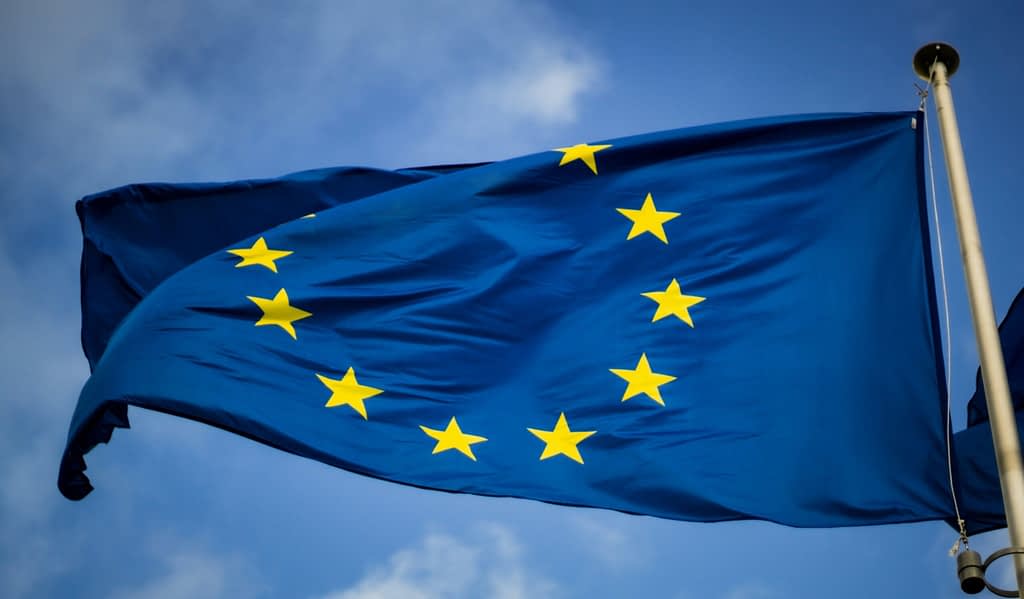European leaders presented a united front in the US trade war on Friday. German Chancellor Friedrich Merz emphasized that individual member states won’t strike separate deals, while European Commission President Ursula von der Leyen stated that concrete proposals are needed for any serious talks with Washington. These statements underscore the EU’s strategy to remain united and speak with one voice as US President Donald Trump uses the threat of steep tariff hikes to persuade countries to sign bilateral trade deals advantageous to the US.
Merz: Europe Must Act United
During his first visit to Brussels since being elected chancellor this week, Merz told reporters that he explained the European position to Trump during a phone call after the UK deal was announced:
“I explained to him that this won’t be possible with other European nations that are members of the European Union because we can and want to act only united on trade matters,” Merz said at a press conference with European Council President Antonio Costa.
Merz added that he had the impression Trump understood and accepted this fact during their call. The German leader also urged the US to de-escalate its stance: “I told him that from my point of view it’s not a good idea to escalate this trade dispute. My strong conviction is – zero tariffs would be best.”
Von der Leyen: We Need Concrete Proposals
At a separate press conference after talks with Merz, Commission President von der Leyen stated she would only go to Washington to discuss trade with Trump if a concrete offer is on the table.
“If I go to the White House, I want to have a package we can discuss,” von der Leyen said. “It has to be concrete, and I want to have a solution that we both can agree on. That is the work we are doing right now.”
Trade Tensions Rising
Trump has targeted the EU as part of his broader effort to reshape global trade and has been offering to negotiate with major trading partners since announcing steep tariff hikes in early April. Efforts to reach a compromise between the US and EU have made little progress so far.
The European Union plans to impose additional tariffs on US products worth €95 billion ($108 billion) if talks with Trump’s team fail to yield a satisfactory result.
The proposed retaliatory measures would target:
- Boeing aircraft
- US-made cars
- Bourbon (which was initially removed from a previous list)
The new proposal will be subject to consultations with member states and other stakeholders through June 10 and may change before finalization.
European Commission Initiates Negotiations
The European Commission, the bloc’s executive arm handling trade matters, is beginning negotiations with the US administration this week. Commissioners are expected to present Washington with a menu of options that could be transformed into formal proposals, including:
- Ideas to lower trade and non-tariff barriers
- Boosting investments in America
Merz Against Joint European Borrowing
Merz also pushed back against speculation that he might support additional joint European borrowing, which has been suggested as a way for EU member states to finance increased defense spending given tight national budgets.
“I won’t change the position of the German government regarding the borrowing options of the European Union, this must remain an exception,” Merz told reporters. “There have been exceptions in the past, but we’ll have to deal with and face crises and difficult situations for a longer period now. This cannot be taken as a permanent justification for additional European debt.”




